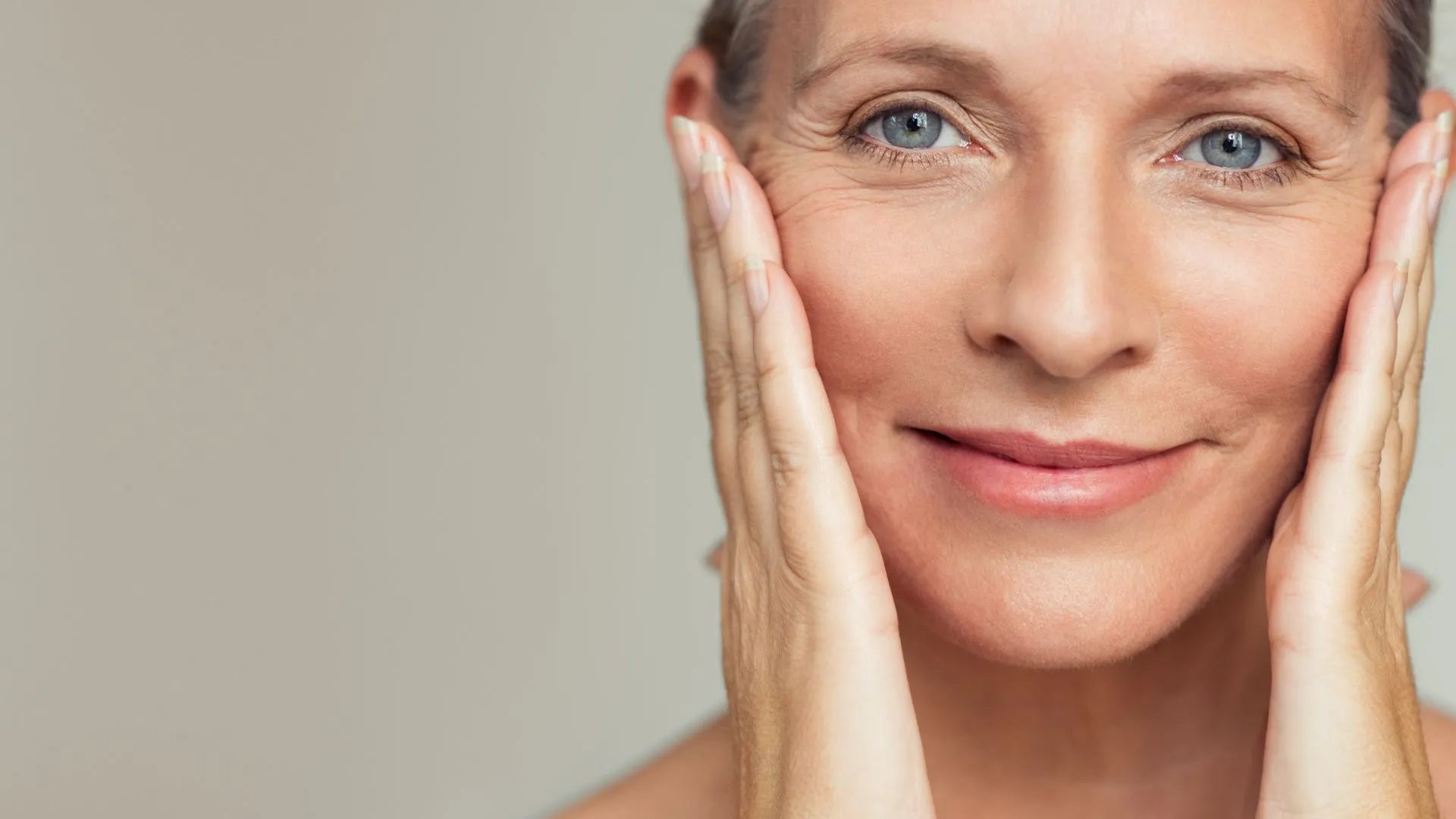Glycation, a natural process that occurs in our bodies, is a major contributor to skin aging. It is a chemical reaction that happens when sugar molecules attach to proteins, including collagen and elastin, forming harmful compounds called Advanced Glycation End Products (AGEs).
AGEs are known to cause various diseases, such as diabetes and atherosclerosis, but their impact on the skin is often overlooked. These compounds not only accelerate wrinkling and sagging of the skin but also disrupt its normal functions.
Unraveling Glycation and Its Impact on Skin
Glycation affects the skin in multiple ways. Firstly, it impairs the structure and function of collagen, the protein responsible for maintaining the skin's firmness and elasticity. When collagen becomes glycated, it loses its strength and flexibility, leading to the formation of wrinkles and fine lines.
Moreover, glycation interferes with the natural cell turnover process, causing a buildup of dead skin cells. This results in a dull complexion and uneven skin tone. Additionally, glycation triggers inflammation in the skin, leading to redness and increased sensitivity.
Glycation and Skin Damage
Excess sugar consumption is one of the main culprits behind glycation in the skin. When sugar levels are high, the excess glucose in the body reacts with proteins, forming AGEs. Additionally, diets rich in processed foods and sugary beverages contribute to glycation.
UV radiation from the sun also plays a role in glycation. Sun exposure increases the production of free radicals in the skin, which further promote the formation of AGEs. Therefore, it is crucial to protect your skin from the sun's harmful rays by wearing sunscreen and seeking shade when necessary.
Empowering Yourself Against Glycation
The good news is that there are ways to protect your skin against glycation and minimize its effects. Here are some strategies to empower yourself against glycation:
The Power of Antioxidants
Antioxidants are your skin's best defense against glycation. They help neutralize free radicals and prevent the formation of AGEs. Incorporate antioxidant-rich foods into your diet, such as berries, leafy greens, and green tea. Additionally, look for skincare products that contain antioxidants like vitamins C and E.
The Sugar Connection
Reducing your sugar intake can significantly reduce glycation in the skin. Opt for a balanced diet that includes whole foods, lean proteins, and healthy fats. Limit your consumption of processed sugars, sugary beverages, and desserts.
Tailored Care for Facial Glycation Woes
Skincare products specifically designed to target glycation can help reverse its effects. Look for ingredients like niacinamide, retinol, and peptides, which promote collagen production and repair damaged skin. Consider consulting with a dermatologist for personalized recommendations.
Daily Habits to Shield Your Skin
In addition to using the right skincare products, adopting healthy lifestyle habits can further protect your skin against glycation. Avoid smoking, as it accelerates skin aging and glycation. Get regular exercise to improve blood circulation and nourish your skin. Lastly, prioritize quality sleep, as it aids in skin repair and rejuvenation.
Takeaways
Glycation is a natural process that occurs in our bodies, but excessive glycation can lead to skin damage and premature aging. By understanding the impact of glycation and taking proactive steps to protect your skin, you can maintain a youthful and radiant complexion. Remember to incorporate antioxidants, reduce sugar intake, use targeted skincare products, and adopt healthy habits for optimal skin health.






